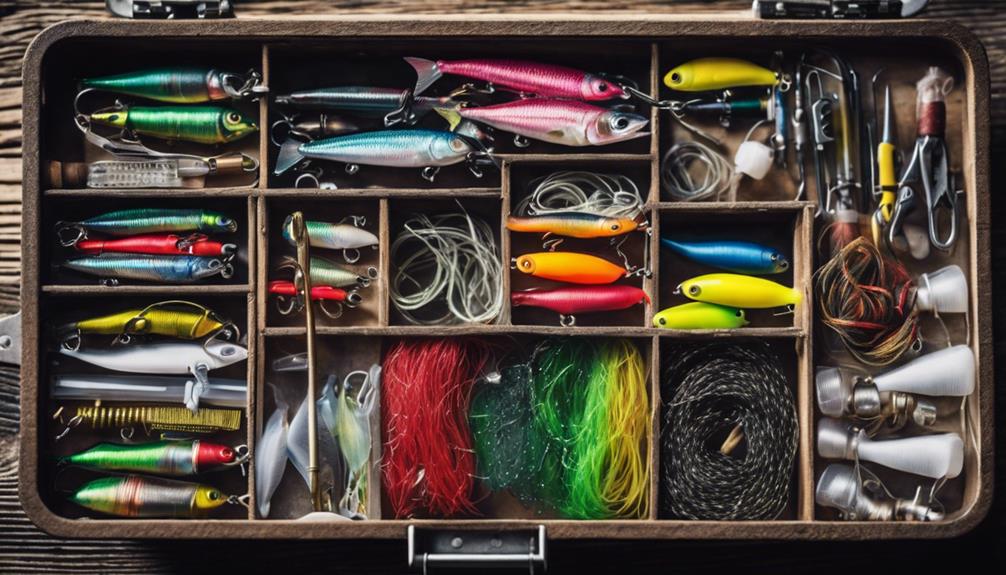Fishing is not just a hobby; it’s a way of life for many enthusiasts around the world. However, before you pack your tackle box and head to the nearest lake or river, it’s essential to understand the regulations surrounding fishing licenses. One of the most common questions asked by novice and experienced anglers alike is, “How much is the fishing license?” In this guide, we’ll explore the various factors that influence fishing license costs, the types of licenses available, and how to obtain one.
Understanding Fishing License Requirements
Before delving into the costs associated with fishing licenses, it’s crucial to understand why these licenses are required. Fishing licenses are essential for conservation efforts and wildlife management. They help regulate the number of fish caught and ensure sustainable fishing practices. The requirements for obtaining a fishing license can vary significantly from state to state, which is important to consider when asking, “How much is the fishing license?” Typically, most states require anglers to carry a valid fishing license, and fines for fishing without one can be hefty.
Types of Fishing Licenses and Their Costs
When asking, “How much is the fishing license?” you should know that there are several types of fishing licenses available. These can include resident licenses, non-resident licenses, and short-term or temporary licenses. Resident licenses are generally cheaper than non-resident ones, as they support local conservation efforts. For example, a resident fishing license might cost anywhere from $15 to $50, while a non-resident license could range from $30 to over $100, depending on the state. Additionally, many states offer special licenses for seniors, disabled individuals, and even children, often at reduced rates or for free.
Factors Influencing the Cost of Fishing Licenses
The question “How much is the fishing license?” doesn’t have a one-size-fits-all answer. Several factors can influence the cost of fishing licenses, including geographical location, the type of fishing (freshwater or saltwater), and the length of validity. For instance, states with abundant fishing resources may charge higher fees to fund conservation efforts. Additionally, if you’re planning to fish in saltwater, you might be required to obtain an additional saltwater fishing license, which can further increase your costs.
Where to Purchase Your Fishing License
Once you’ve determined the type of fishing license you need, the next step is to purchase it. Many states offer online platforms where you can easily obtain a fishing license from the comfort of your home. Alternatively, you can visit local bait shops, sporting goods stores, or government offices. Online purchases usually come with convenience fees, but they can save you time and hassle. If you’re still wondering, “How much is the fishing license?” be sure to check your state’s official wildlife agency website for the most accurate and up-to-date pricing information.
Understanding Fishing License Validity Periods
Another important aspect when considering “How much is the fishing license?” is understanding the validity period. Fishing licenses can be valid for various lengths of time, such as daily, weekly, or annually. If you only plan to go fishing for a day or two, a temporary license may be the most cost-effective solution. However, if you fish frequently, an annual license might be a better investment. Some states also offer multi-year licenses, which can save you money in the long run.
Consequences of Fishing Without a License
Fishing without a valid license can lead to severe repercussions, including hefty fines and even criminal charges. Many states have strict enforcement policies to ensure compliance with fishing regulations. If you’re caught fishing without a license, you could face fines ranging from $50 to several hundred dollars, depending on the state and the severity of the offense. These consequences make it imperative to answer the question, “How much is the fishing license?” with diligence, as the cost of a license pales in comparison to the potential fines.
Special Programs and Discounts for Fishing Licenses
If you’re concerned about the costs associated with fishing licenses, there are often special programs and discounts available. Many states offer discounted rates for veterans, seniors, and youth. Some areas also have free fishing days, where individuals can fish without a license, promoting fishing as a family-friendly activity. Researching these options can help answer the question, “How much is the fishing license?” in a way that fits your budget. Additionally, some fishing organizations and conservation groups may offer grants or programs to help cover the costs for those who qualify.
Final Thoughts and Resources for Fishing Licenses
In conclusion, the cost of a fishing license can vary widely depending on several factors, including your location, residency status, and the type of fishing you plan to do. Understanding these elements will not only help you answer the question, “How much is the fishing license?” but also ensure that you are fishing legally and responsibly. Always check your state’s wildlife agency website for the most accurate information, and consider taking advantage of special programs that may help reduce costs. Happy fishing!
By understanding the ins and outs of fishing licenses, you can enjoy your time on the water while also contributing to the conservation of our natural resources. Make sure you’re prepared before your next fishing trip by securing your license and adhering to all local regulations.
